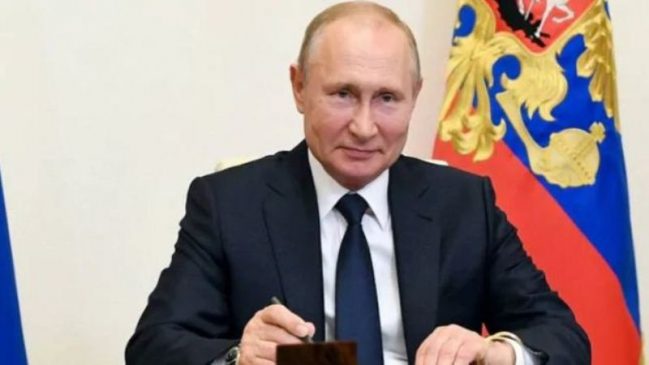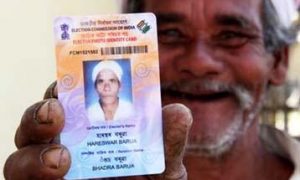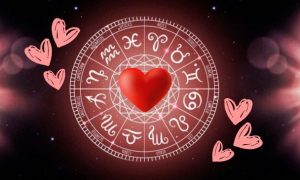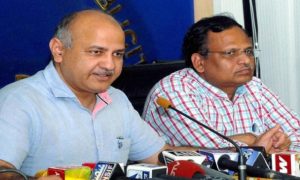Russian voters have begun casting their ballots for the 2024 Presidential election in the Far East region, marking the commencement of a crucial electoral process in the country. The voting process co
Russian voters have begun casting their ballots for the 2024 Presidential election in the Far East region, marking the commencement of a crucial electoral process in the country. The voting process commenced at 8 a.m. local time on Friday in regions such as Kamchatka, Chukotka, and other areas. In this election, four candidates are competing for the top position. These candidates include Leonid Slutsky of the Liberal Democratic Party, Nikolai Kharitonov of the Russian Communist Party, Vladislav Davankov of the New People Party, and the incumbent President, Vladimir Putin, who is running as an independent candidate.
Read More: Biden, Trump Poised To Secure Nominations In Tuesday’s Contests, Paving Way For Rematch
The election process is being conducted across more than 90,000 polling stations that will operate from 8 a.m. to 8 p.m. local time between March 15 and 17. The vast expanse of Russia across multiple time zones results in regions like Kamchatka and Chukotka being the first to start voting, while Kaliningrad, situated at the western end of the country, will be the last to commence voting.
The Russian Central Election Commission has reported that over 110 million Russian citizens are eligible to vote, including more than 1.8 million residing abroad. As per the regulations of the Russian Presidential election, a candidate must secure more than 50 per cent of the votes to win.
Read More: Nepal Protesters Demand Return Of King Gyanendra Shah Who Was Forced To Give Up Throne 16 Years Ago
In cases where no candidate achieves this threshold and there are more than two contenders, a second round of voting will be conducted for the top two candidates. The candidate receiving the highest votes in the second round will be declared the President.
The Russian Central Election Commission is expected to confirm the election results by March 28 and announce the outcomes within three days of confirmation. The entire electoral process is closely monitored and will play a crucial role in shaping the future leadership of Russia.
The election takes place against the backdrop of a ruthless crackdown that has crippled independent media and prominent rights groups and given Putin full control of the political system.
Read More: Is Vulture out? Sinister Six shake-up in Spider-Man: The Great Web trailer leak
It also comes as Moscow’s war in Ukraine enters its third year. Russia has the advantage on the battlefield, where it is making small, if slow, gains. Ukraine, meanwhile, has made Moscow look vulnerable behind the front line: Long-range drone attacks have struck deep inside Russia, while high-tech drones have put its Black Sea fleet on the defensive.
The election holds little suspense since Putin, 71, is running for his fifth term virtually unchallenged. His political opponents are either in jail or in exile abroad, and the fiercest of them, Alexei Navalny, died in a remote Arctic penal colony recently. The three other candidates on the ballot are low-profile politicians from token opposition parties that toe the Kremlin’s line





































